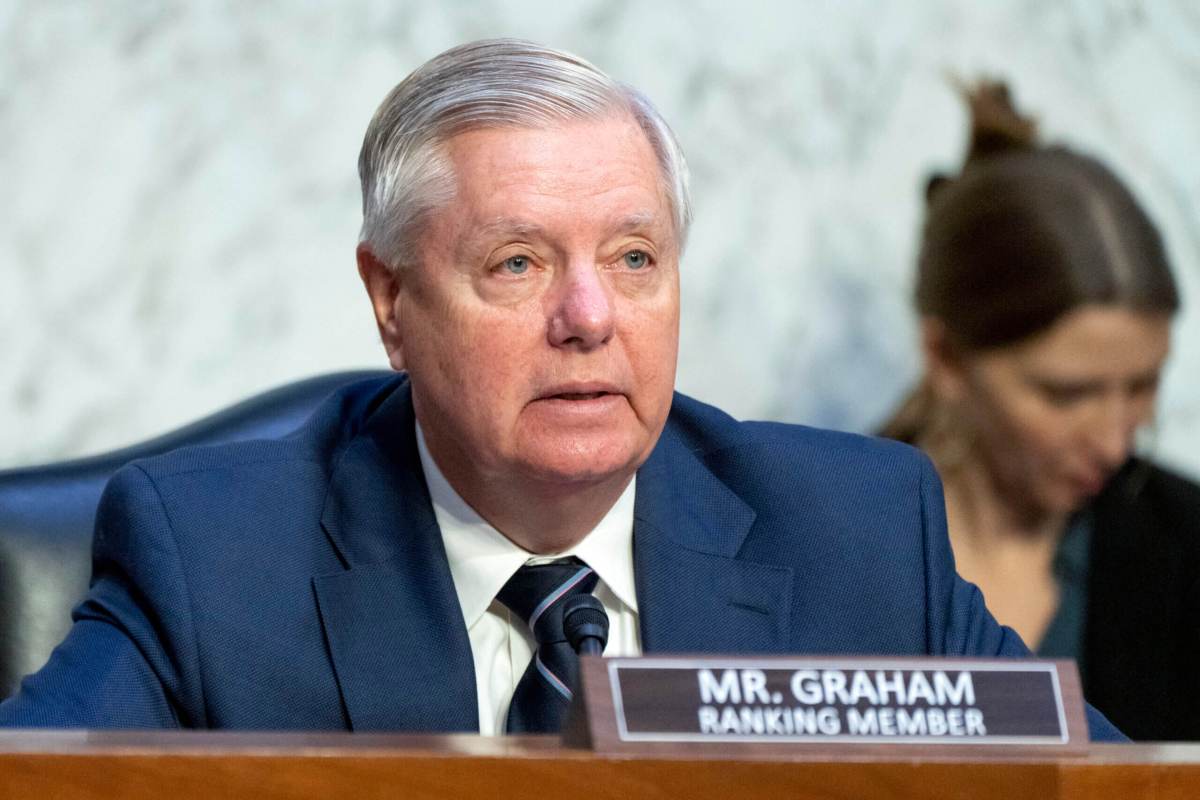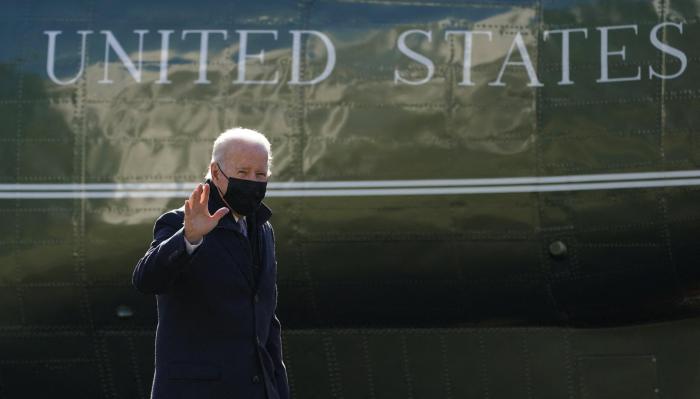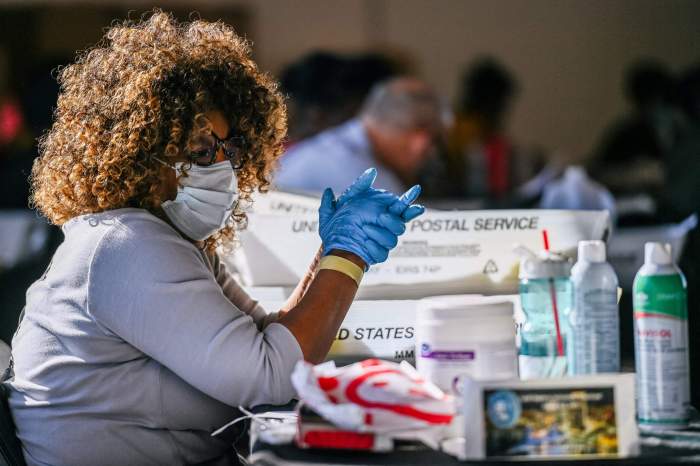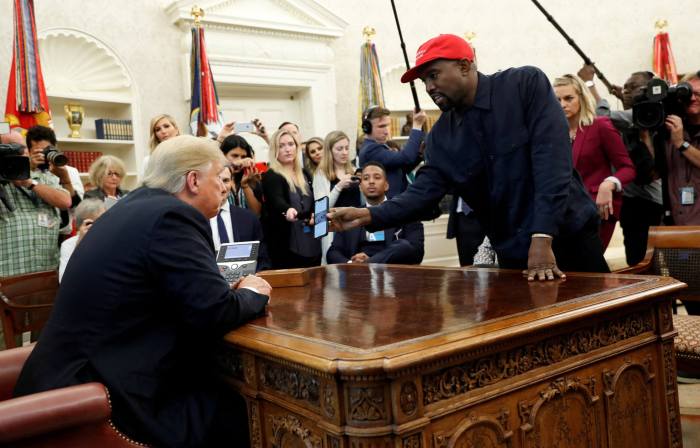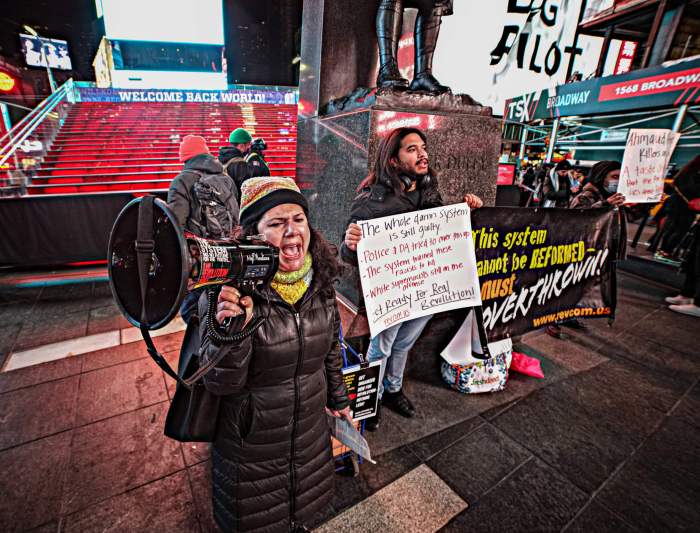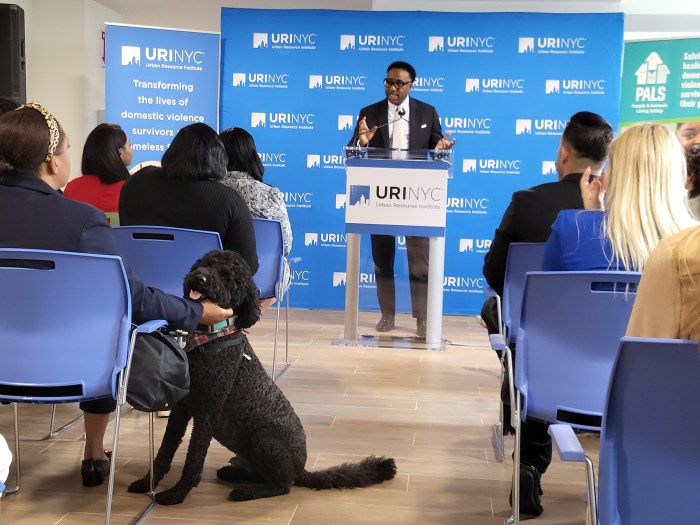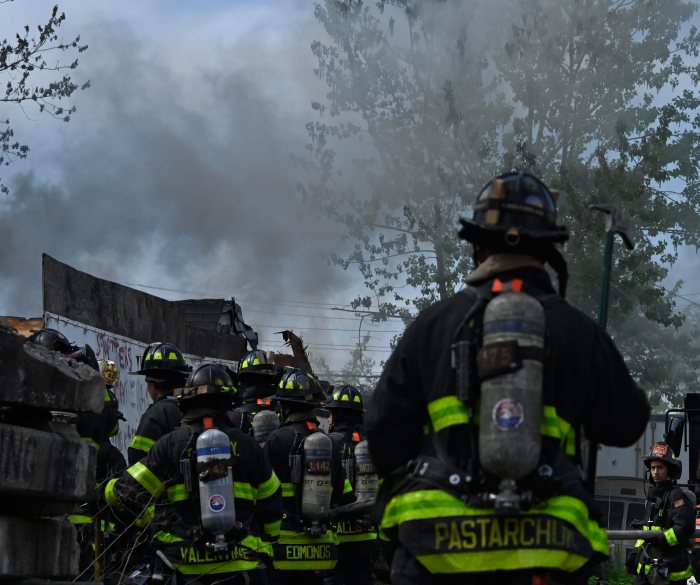The special grand jury that investigated efforts by Donald Trump and others to overturn Georgia’s 2020 election results recommended indictments against twice as many people as the 19 ultimately charged by prosecutors, leaving South Carolina Sen. Lindsey Graham among those not indicted.
The grand jurors’ report released Friday showed they recommended charges against 39 people, including Graham, former Georgia Senators Kelly Loeffler and David Perdue, and former Trump national security adviser Michael Flynn.
Released at the request of the special grand jury, the report provides insight into one of the most expansive investigations into Trump, who is also facing two federal indictments along with unrelated state charges in New York City. While critics have accused Fulton County District Attorney Fani Willis of launching an unwieldy, overly broad case, the report suggests she used her discretion to streamline the case.
There are many reasons Willis might have chosen not to charge all those recommended, including immunity deals with some, federal protections for others or insufficient evidence to prove charges beyond a reasonable doubt.
The special grand jury included Graham’s name in a section about “the national effort to overturn the 2020 presidential election,” which Trump, the incumbent Republican, lost to Democrat Joe Biden.
The South Carolina senator, who was chair of the Senate Judiciary Committee at the time, called Georgia Secretary of State Brad Raffensperger shortly after the November election, and Raffensperger has said Graham asked him whether he had the power to reject certain absentee ballots.
Perdue and Loeffler were sitting U.S. senators who had failed to win enough votes in the November 2020 general election and were forced into a January 2021 runoff, which they both ultimately lost to Democratic challengers. In the weeks after the election, they were vocal in their criticism of Raffensperger, going so far as to call for his resignation.
In an interview on a right-wing cable news channel in mid-December 2020, Flynn said Trump “could take military capabilities” and place them in swing states and “basically rerun an election in each of those states.” He also traveled to the South Carolina home of conservative lawyer Lin Wood in November 2020, where Wood has said meetings were held to discuss possible ways to influence the election results in Georgia and elsewhere. The special grand jury also recommended charges for Wood.
Graham, who has denied any wrongdoing, said, “I think this country is going off the rails. We have to be careful not to use the legal system as a political tool.”
Wood, who spoke before the special grand jury after receiving a subpoena, said he did nothing wrong: “It seems unfair to me that I get smeared as someone that is recommended for indictment when the people with the power to look at the evidence and indict did not indict me.”
Representatives for Perdue and Loeffler didn’t immediately respond to requests for comment.
Inside the grand jury
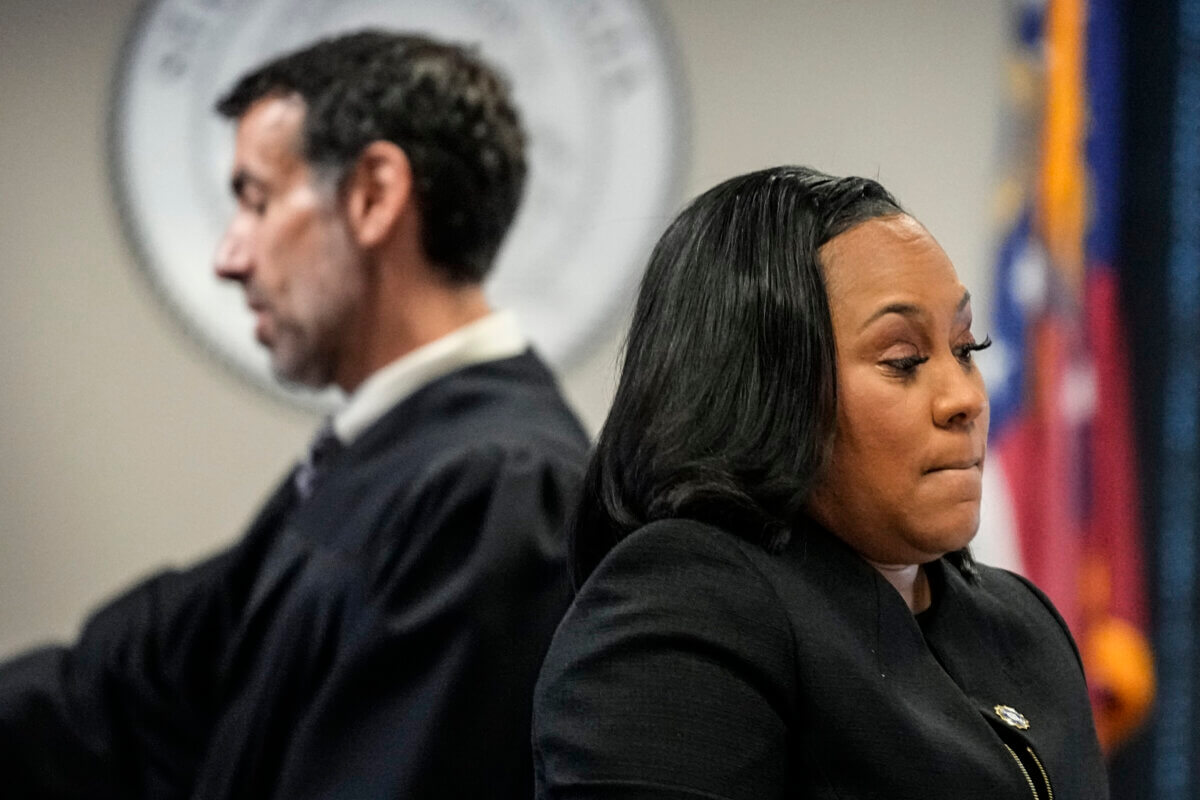
The special grand jury foreperson, Emily Kohrs, spoke of her experience in an interview with The Associated Press in February that was followed by interviews in other print and television news outlets. She said the panel recommended multiple people be indicted but declined to name names, citing a judge’s decision not to release the full report at that time.
While Kohrs’ whirlwind media tour was attacked by Trump’s lawyers at the time and raised fears among some Trump critics that it could jeopardize the investigation, the judge overseeing the special grand jury made clear that grand jurors are free to talk about anything but their deliberations.
The panel spent seven months hearing from some 75 witnesses before completing a report in December with recommendations for Willis on charges.
The release of the identities of people recommended for indictment is a departure from ordinary grand jury protocol, which dictates that prosecutors do not disclose the names of individuals investigated but not charged so as to prevent potentially innocent subjects from being unduly maligned.
Special grand juries in Georgia are relatively uncommon and are essentially an investigative tool. They can subpoena witnesses and evidence but do not have the power to bring an indictment. Instead, they can produce a report with recommendations that are not binding on a district attorney, who can then seek an indictment from a regular grand jury.
The special grand jury’s report is based on the testimony of the witnesses prosecutors called and the evidence they presented over about seven months last year. In their report, the grand jurors made clear that the panel “contained no election law experts or criminal lawyers.”
Of the 19 people ultimately indicted, only one was not included in the special grand jury’s recommendations. A former White House aide who served as the director of Trump’s Election Day operations, Michael Roman, was involved in efforts to put forth a set of fake electors after the 2020 election.
Fulton County Superior Court Judge Robert McBurney ordered the partial release of the report in February but declined to immediately release the panel’s recommendations on who should or should not be prosecuted. The judge said at the time that he wanted to protect people’s due process rights.
McBurney said in a new order filed Aug. 28 that the due process concerns were moot since a regular grand jury had indicted Trump and 18 other people under the state’s anti-racketeering law. All have pleaded not guilty.
Many of those indicted — including former New York Mayor and Trump attorney Rudy Giuliani and Trump White House chief of staff Mark Meadows — are known to have testified before the special grand jury. Trump was never called.
The parts of the report previously released in February included its conclusions, as well as a section with the grand jurors expressing concerns that one or more witnesses may have lied under oath and urging prosecutors to seek charges for perjury.



